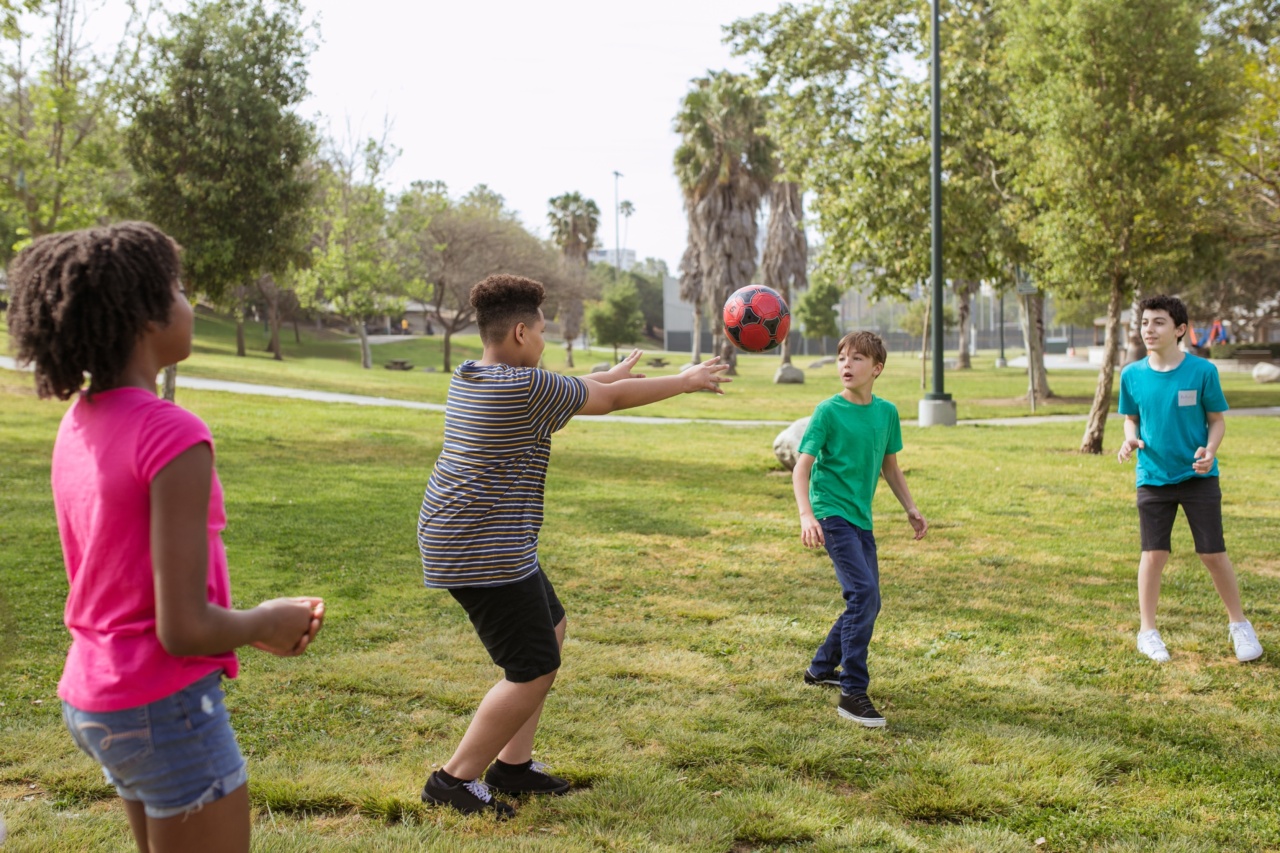Adolescence is a time of great changes and discovery, both physical and emotional. One of the topics that concern parents, educators, and health professionals is when teenagers start becoming sexually active.
It’s a delicate subject, and talking about it openly may feel uncomfortable for some. However, it’s essential to understand the trends and behaviors of this age group to provide them with the appropriate information and guidance concerning their sexual health.
The Average Age of Sexual Debut
Studies show that the average age of first sexual intercourse has decreased over time in some countries, while it remained relatively stable in others.
For example, in the United States, the age at which adolescents have sex for the first time has been gradually decreasing since the 1950s. According to the Centers for Disease Control and Prevention (CDC), the average age of first sexual intercourse among American teenagers is 17.2 years old.
In contrast, Canada’s average age of sexual initiation remained unchanged over time, hovering around 16-17 years old.
In European countries, the age of first sexual activity varies widely, from 15.4 years old in Denmark to 18.2 years old in Malta.
Differences Between Genders
In general, boys tend to have their first sexual experience earlier than girls. According to a survey by the National Survey of Family Growth (NSFG) in the US, by age 15, almost 10% of boys reported having sex, compared to only 5% of girls.
By age 17, almost half of all boys reported having had sexual intercourse, compared to 43% of girls.
The reasons why boys tend to initiate sexual activity earlier than girls are not entirely clear.
Some experts believe that it’s because boys may feel more social pressure to prove their manhood, while girls may face more considerable potential consequences from unwanted pregnancy and social stigma.
Socioeconomic Factors and Sexual Activity
Socioeconomic factors can also influence the age at which teenagers become sexually active. Young people from disadvantaged backgrounds and those living in poverty tend to engage in sexual activity at an earlier age than those from wealthier families.
Researchers believe that this may be because young people from disadvantaged backgrounds may have fewer opportunities for safe and structured leisure activities, such as sports or hobbies, that can help delay sexual activity. Additionally, they may not have access to comprehensive and accurate sexual education, contraceptive services, or medical care.
The Role of Culture and Values in Teenagers’ Sexual Behavior
Culture and values play a significant role in shaping teenagers’ attitudes towards sex. In some cultures, sex before marriage is stigmatized, while in others, it’s accepted and even encouraged.
Pop culture, media, and peer pressure can also influence teenagers’ attitudes towards sex, as they may feel pressured to conform to the social norms and expectations of their peers.
Family values can also play a role in teenagers’ sexual behavior. Research shows that adolescents who have open and honest communication about sex with their parents are more likely to delay their first sexual experience.
Additionally, parents who supervise their teenagers’ activities and monitor their relationships can help delay sexual activity, as they provide structure and guidance for their judgment and decision-making.
The Importance of Comprehensive Sexual Education
One effective way to help teenagers delay and reduce their risk of sexual activity is to provide them with comprehensive sexual education.
Comprehensive sexual education goes beyond the biological aspects of sex and covers the emotional, ethical, and social implications of sexual behavior. It also provides accurate and reliable information about contraception, STDs, and healthy relationships.
Studies show that comprehensive sexual education programs have positive effects on teenagers’ sexual behavior. They are more likely to use contraceptives consistently, delay the initiation of sexual activity, and have fewer sexual partners.
The Risks of Early Sexual Activity
Early sexual activity can have severe consequences for teenagers’ physical and emotional health. They are at risk of unintended pregnancy, sexually transmitted infections, and emotional distress.
Research shows that teenagers who have sex at an early age are more likely to engage in risky behaviors, such as substance abuse, delinquency, and poor academic performance.
Conclusion
The age at which teenagers become sexually active is a complex and multifaceted issue influenced by cultural, social, and economic factors.
Educators, parents, and health professionals can help delay and reduce the risks of early sexual activity by providing comprehensive sexual education, guidance, and support. Understanding and addressing the needs of teenagers concerning their sexual health can help them make informed decisions and lead happy and healthy lives.






























